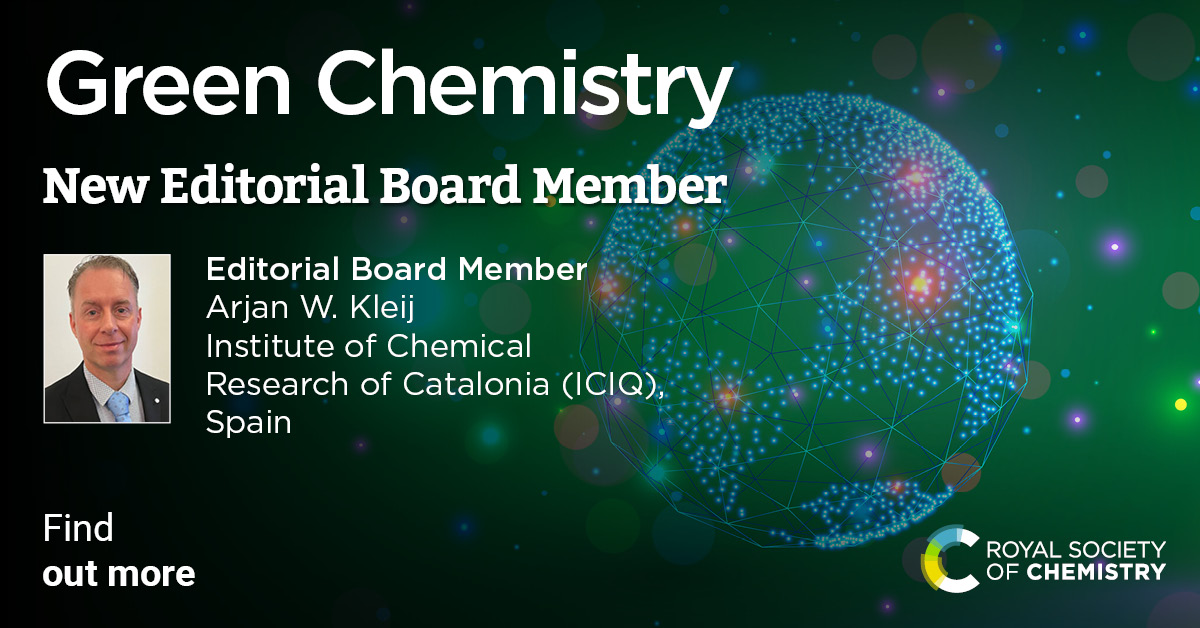
Students who are the first in their families to attend college and are pursuing chemistry degrees encounter a variety of complex challenges during their educational and professional paths, as indicated by recent research. This study, carried out by Jennifer Hiscock and Jennifer Leigh from the University of Kent, illustrates that these individuals experience feelings of loneliness, financial pressures, diminished self-esteem, and a lack of career advice. Such issues frequently extend beyond merely the challenge of gaining university admission.
A considerable portion of these students also belongs to other marginalized groups, including ethnic minorities or those with disabilities. The intersectionality of their identities makes it harder to identify specific barriers that are solely related to their status as first-generation students. To address this issue, the researchers employed a three-pronged methodology that included a literature review, an online survey with 136 respondents, and interactive workshops at conferences that allowed participants to share their experiences.
Mariam Yacoub, a member of the team who led the analysis, highlighted the often unnoticed challenges faced by first-generation students. She pointed out that while many first-generation chemistry students receive motivation to seek higher education from their instructors, they are rarely encouraged to engage in advanced educational experiences such as lab placements. Only 74% reported having familial support, showcasing a significant disparity when compared to their non-first-generation peers.
They sensed that the barrier was almost trailing them
First-generation students frequently report diminished expectations upon entering higher education and face difficulties in obtaining necessary guidance. Feelings of isolation are widespread, with 23% perceiving themselves as imposters, in stark contrast to the 2% of non-first-generation students. As their careers advance, these difficulties become even more noticeable. Alarmingly, two-thirds of non-first-generation respondents failed to recognize any unique challenges faced by first-generation students, suggesting a lack of awareness.
Even those who attain higher academic roles are not immune to these obstacles. For example, one workshop illustrated that even a full professor felt a sense of isolation due to a lack of existing networks that others could utilize. Hiscock noted that the goal of the study is to provide visibility and understanding for those who frequently feel excluded, proposing the creation of peer and mentor networks as a possible solution.
Caroline Dessent from the University of York remarked on the implications of the study, stressing the necessity for established scientists to invest time in mentorship and to foster supportive environments. Stephen Hendry from the Royal Society of Chemistry emphasized the critical need to tackle the lack of social capital as a major hindrance for first-generation students.
The researchers call on the chemistry community to intentionally invite and support first-generation scientists. They advocate for the provision of continuous guidance on both academic and financial issues, as well as the promotion of ongoing discussions about realistic career expectations to facilitate their integration and success within the discipline.